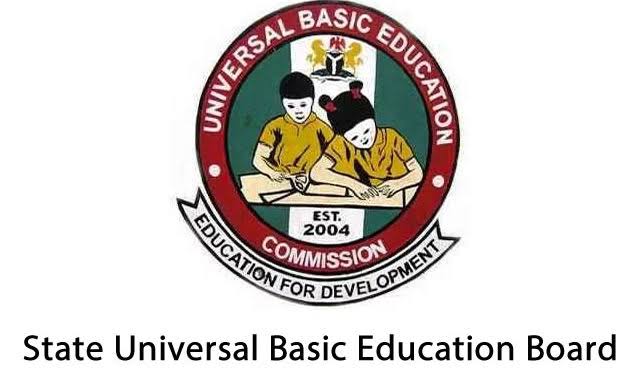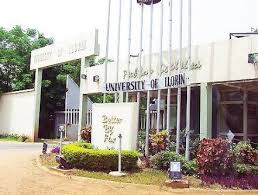By Omotayo Olatunde
Ado Ekiti
The Ekiti State Government has reintroduced History as a subject in public primary schools across the state.
The Executive Chairman of the State Universal Basic Education Board (SUBEB), Prof. Femi Akinwumi, made this known in Ado-Ekiti, the state capital, while monitoring resumption of public schools for the third term of the 2021/2022 academic session.
Akinwunmi said the move was to promote core principles of hard work, patriotism, honesty and other national values as History would promote the cultures and the traditions of the people of Nigeria and aid pupils’ understanding of the nation’s history.
Noting that the reintroduction was in line with the national policy on education, Akinwumi said it was also an integral part of the Fayemi administration’s strategy to promote core Ekiti and national values through well-knitted value orientation programmes in schools and the larger society.
He said the state has also instituted prizes for the best overall pupil and best teacher as part of efforts to promote the teaching of the newly reintroduced subject.
The SUBEB boss expressed appreciation to the Universal Basic Education Commission (UBEC) for supplying the state with over 4,800 History textbooks for primary three to six classes and assured that the books would be judiciously utilised.
According to him, primary schools in the state have been directed to henceforth utilise at least one of the three periods allocated weekly for Social Studies to teach History.
He advised teachers and pupils to take the teaching and learning of the subject with the seriousness it deserves, stressing that it has a key role to play in national rebirth.
The SUBEB boss commended the Old Student’s Association of Eleyo High School, Ikere-Ekiti which had most of its buildings damaged in a recent rainstorm, for renovating some of the affected buildings.
He stressed the importance of the School Based Management Committees, Parent Teachers Associations and other stakeholders, while emphasizing the need for them to complement government’s efforts to achieve sustainable development in the education sector by ensuring proper maintenance of infrastructures.












